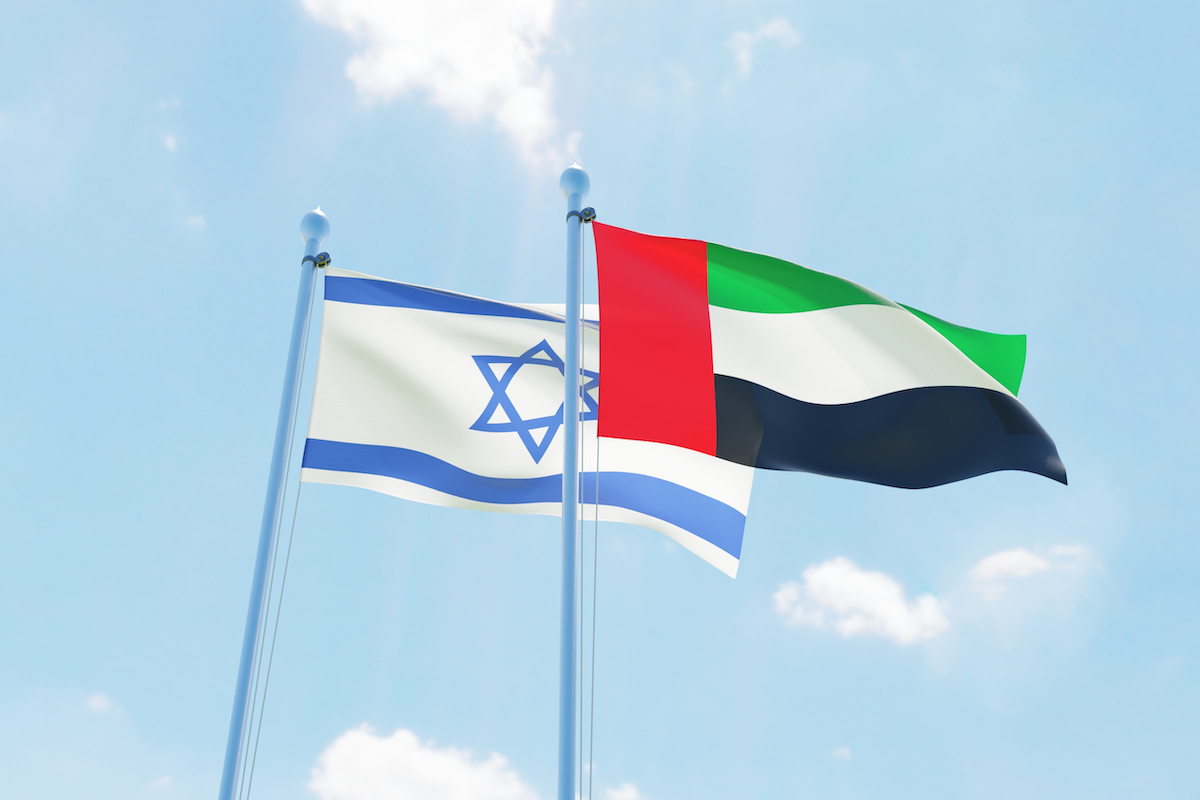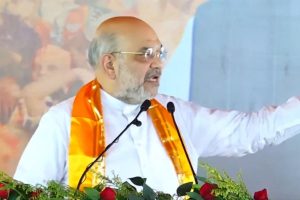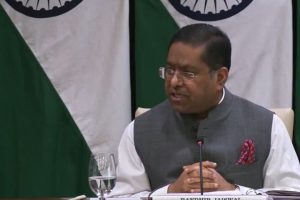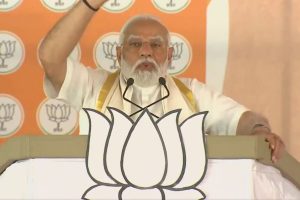A fresh chapter opens in the stormy history of the Middle East with Tuesday’s trade agreement between Israel and the United Arab Emirates. The agreement has been signed in the midst of escalating Israeli-Palestinian violence, most particularly the storming of the Al Aqsa compound in Jerusalem by extremist settlers under the protection of Israeli forces. That came ahead of a day when thousands of Jews visit the compound to mark the day of Israel’s capture of Jerusalem’s Old City in the 1967 war. Some of the visitors prayed and held up Israeli flags, resulting in their removal.
Al Aqsa, the third holiest site in Islam, is situated in East Jerusalem’s Old City that Israel had annexed, an act that is not recognized globally. The conclusion of the trade pact comes at a fraught juncture. The UAE has asked the Israeli authorities to “take responsibility for reducing escalation and ending all attacks and practices that lead to the continuation of tensions.”
They “underscored the need to exercise maximum restraint to avoid further instability”. According to the president of the UAE-Israel Business Council, Dorian Barak, the trade agreement defined tax rates, imports and intellectual property rights. Israel’s agreement is the first of its kind with an Arab state to reduce or remove tariffs and lift annual bilateral trade to more than $10 billion.
The pact was signed in Dubai by Israel’s minister for economy and industry, Oma Barbiyal, and her counterpart, UAE’s minister of economy, Abdul- la bin Touq Al-Marri, after months of negotiations. Tariffs will be eliminated on 96 per cent of goods with the UAE.
The latter has predicted that the Comprehensive Economic Partnership agreement will boost bilateral trade to $10 billion a year within five years. The agreement has been greeted by the UAE trade minister as a “new chapter in the history of the Middle East. Our agreement will accelerate growth, create jobs and lead to a new era of peace, stability and prosperity across the region”. Ms Barbivai told Israeli radio on Tuesday that she had heard “nothing out of the ordinary” about the Al Aqsa violence so far during her visit to the UAE.
From UAE’s muted response, it seems clear that the conflict between Israelis and Palestinians will not derail trade. It sure is a measure of forwarding movement, which makes it imperative for both sides to give it a try. Till then, the economic ramifications ought not to be discounted.
The people-to-people contact, hopefully, a fallout of the trade deal, must of necessity be enhanced. Of course, this is easier said than accomplished. In the far wider perspective of the Middle East, a great deal is at stake, more than the import and export of commodities. Trade may yet be the harbinger of Middle East stability, of sorts.











